Hypertension
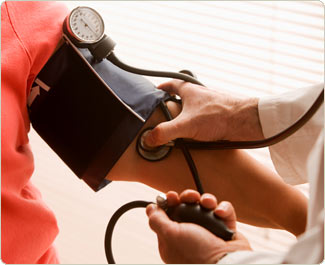 There are many different types of hypertension. Here at The Kidney & Hypertension Group, we determine why you have hypertension and devise a treatment plan tailored specifically for you. There are many different types of hypertension. Here at The Kidney & Hypertension Group, we determine why you have hypertension and devise a treatment plan tailored specifically for you.
The following is how you, the patient, may impact positively on the care of your hypertension:
- Monitor your blood pressure no more than twice a day. To measure it more often can be counter-productive in producing anxiety. It is acceptable to measure it 3 times per week at varying times of the day and, then, keep a diary of these readings and times for the doctor to review at your next visit. Please do not mail or fax these diaries as we would prefer you to bring them to your next visit so they may be reviewed with you present. You may use a BP device at a pharmacy or at Publix or, if you prefer to take it at home, Omron makes a very reliable BP machine, which is available at local pharmacies or Walmart. It comes in various styles, and all are generally good. We prefer the type that measures BP with a cuff and not a finger or wrist attachment. You may bring the machine to your visit so we can test it for accuracy.
- If your BP is “labile” (up and down), high only at the doctor’s office or not responding to a combination of medications, we may recommend a 24 hour BP monitor (which we will place on you). This monitor, designed by Spacelabs for NASA, provides very accurate 24 hour measurements of what your BP does all day while at exercise and rest and before and after drug doses. Please ask your doctor if this type of monitoring may be beneficial to you.
- We recommend a “no salt added” diet with avoidance of items obviously high in sodium (listed on all food labels). A general guideline is a 2 gram sodium diet (2000mg). In rare cases, very salt sensitive patients may be given a more extreme reduction in recommended sodium. We will tell you if this pertains to you.
- Take your medicines at doses and exact times prescribed. Do not run out of them or forget to take them prior to your visit. This may sound simplistic, but we wouldn’t mention it if it did not happen!
- If applicable, lose weight! It lowers BP and improves overall health. We do not recommend any fad diets, in particular the “high protein” diet, which can be hard on your kidneys. If a structured program is desired, we recommend the sound approach of Weight Watchers. We can recommend a dietitian if you would like more specific guidelines than given here.
- Caution is needed in taking over-the-counter medications and supplements. In general, we recommend a simple multivitamin tablet each day. If you have significant renal insufficiency (creatinine greater than 2.5) as well, we can recommend a prescription multivitamin that is tailored to your specific needs.
- We recommend a simple exercise program that includes walking*. *You must determine with your primary care physician that it is safe to embark on a formal exercise program.
- Keep your appointments as scheduled! Bring copies of lab work done at other doctors’ offices and a typed list of all medications to each visit.
Print a copy of this page - pdf format
 Documents in pdf format require Acrobat Reader. Documents in pdf format require Acrobat Reader.
Download the latest version of Adobe Reader for FREE >>
|

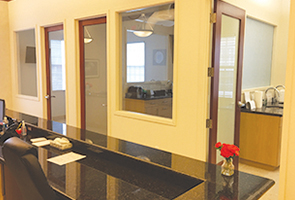





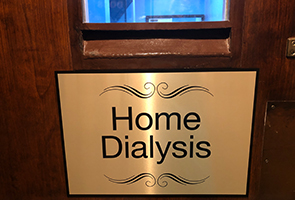
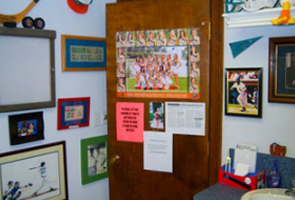
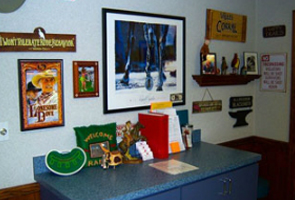





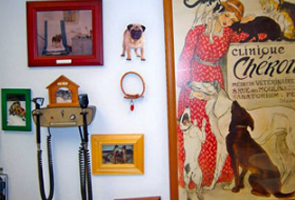






 There are many different types of hypertension. Here at The Kidney & Hypertension Group, we determine why you have hypertension and devise a treatment plan tailored specifically for you.
There are many different types of hypertension. Here at The Kidney & Hypertension Group, we determine why you have hypertension and devise a treatment plan tailored specifically for you. Documents in pdf format require Acrobat Reader.
Documents in pdf format require Acrobat Reader.
